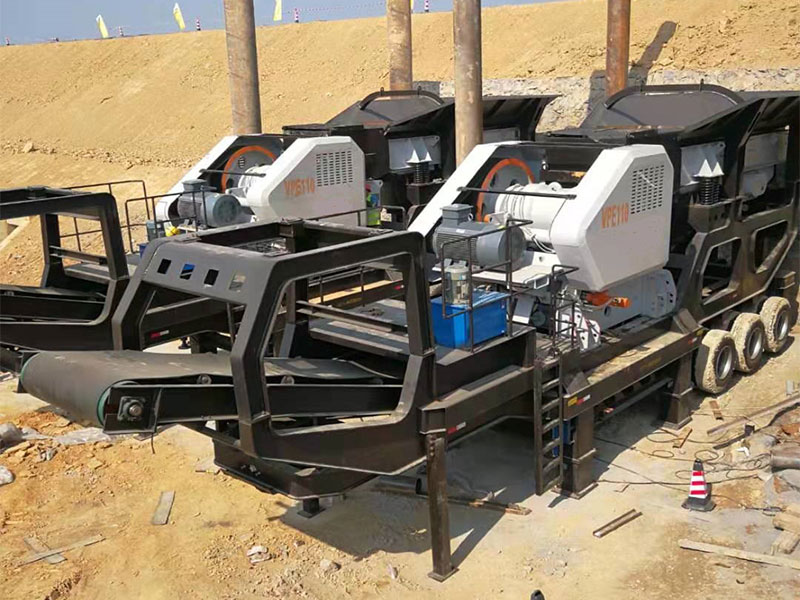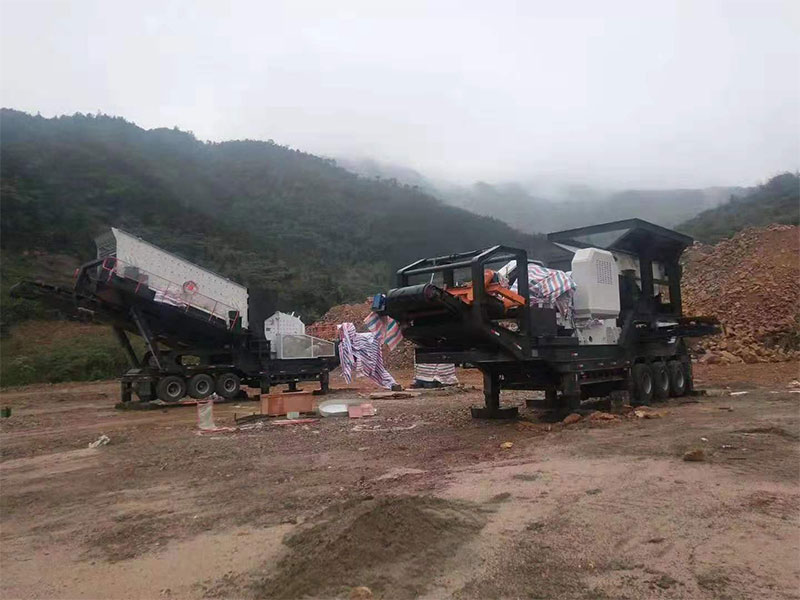In an era marked by growing environmental awareness, the use of mobile crusher plants in various industries presents both opportunities and challenges. These portable crushing units offer unmatched convenience and efficiency, but they also raise important environmental considerations. This article explores the environmental impact of mobile crusher plant operations and discusses strategies to minimize their ecological footprint.
Dust Control and Emissions
One of the primary environmental concerns associated with mobile crusher plants is dust generation and emissions. The crushing process can produce significant amounts of dust, which can have adverse effects on air quality and surrounding ecosystems. To address this issue, many modern crusher plants are equipped with dust suppression systems. These systems use water or chemical solutions to control dust and minimize emissions, making the crushing process more environmentally friendly.

Noise Pollution
Mobile crusher plants can generate noise pollution, especially in densely populated areas or near sensitive locations such as schools and residential neighborhoods. To mitigate this impact, plant crusher operators can use noise barriers, schedule crushing operations during less sensitive hours, or employ noise-reducing equipment. Additionally, adherence to local noise regulations and community engagement can help maintain a positive relationship with neighboring communities.
Fuel Consumption and Energy Efficiency
The choice of power source for mobile crusher plants plays a crucial role in their environmental performance. Diesel-powered crushers, for instance, emit greenhouse gases and air pollutants. In contrast, electric-powered crushers have lower emissions if the electricity comes from renewable sources. Regular maintenance and optimizing equipment performance can improve fuel efficiency and reduce energy consumption, thus lowering the overall environmental footprint.

Site Selection and Restoration
Selecting the site for stone crushing plants operations is critical. Operators should consider factors such as proximity to sensitive ecosystems, water bodies, and cultural heritage sites. After the completion of crushing operations at a site, environmental restoration becomes vital. This involves reclamation efforts to restore the site’s natural state, which can include re-vegetation and soil stabilization to prevent erosion.
Recycling and Sustainable Practices
Promoting recycling and sustainable practices can significantly reduce the environmental impact of mobile crusher plants. For instance, recycled materials can be used as aggregates, reducing the need for virgin resources. Moreover, using advanced sorting and separation equipment can increase the efficiency of recycling processes on-site, minimizing waste and reducing the demand for new materials.
Regulatory Compliance and Environmental Responsibility
Adherence to local, regional, and national environmental regulations is paramount for mobile-type aggregate crushing machine operators. Ensuring compliance with emission limits, noise restrictions, and other environmental standards demonstrates a commitment to environmental responsibility. Proactive engagement with regulatory authorities and stakeholders can help streamline the permitting process and maintain a positive public image.
Conclusion
Mobile crusher plants offer numerous advantages in terms of efficiency and flexibility, but they also come with environmental responsibilities. By implementing dust control measures, addressing noise pollution, optimizing energy use, and practicing sustainable site management, operators can minimize the environmental impact of their operations while contributing to a more sustainable future.

